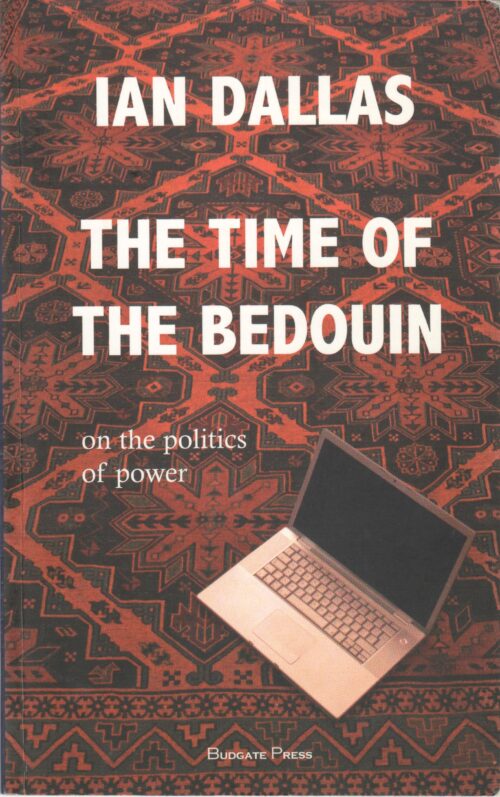Description
The Ten Symphonies of Gorka König
Set in the interwar years, during WWII and after, the novel certainly reflects the politics and history of the time. However, the author uses that as a springboard to examine through philosophy and music wider themes, but of course the matter of the nature of the state also, and the impingement of economy on that.
When the Ten Symphonies was first published by Kegan Paul it was seen as a profascist gloss on the 20th century. Quite the opposite had been intended. The work while recognising fascism as evil insisted that the emerging democracy was, without diminishing the appalling nature of fascism, defeated by a greater evil – pax americana that saw the roman-style liberation by America of Europe as a desolation, one which blanket-bombed the Rhur cities, Berlin and Hamburg, fire-bombed the baroque masterpiece of Dresden and wiped out Hiroshima and Nagasaki in a nuclear holocaust. Using the study of a modern, 20th century composer and his evolving musical language as metaphor Dallas reconstructed the century as one in which a bank-based oligarchy surrendered to a corporation-webbed globalism. Something that was only identified in the financial crisis of 2008 our author had perceived in 1989.
Ian Dallas
In the middle of a highly successful career as first a playwright and then a TV dramatist, Dallas abruptly cut from his public life, making farewell to it by acting as the magician in 8 1/2, his friend Fellini’s autobiographical movie. He became a sufi of the Darqawi Tariqa in Morocco under the great Shaykh Muhammad ibn al-Habib, then nearing 100 years of age. This led to a continuity in Sufism under Shaykh al-Fayturi of Libya, the inheritor of Shaykh al-Alawi. As an active sufic leader he founded the great Mosque of Granada in Spain and the first Mosque in the history of Mexico at San Cristobal de las Casas. In South Africa he opened the Jumu’a Mosque of Cape Town then founded a leadership college, Dallas College for young men and the Lady Aisha College for young women.






Reviews
There are no reviews yet.